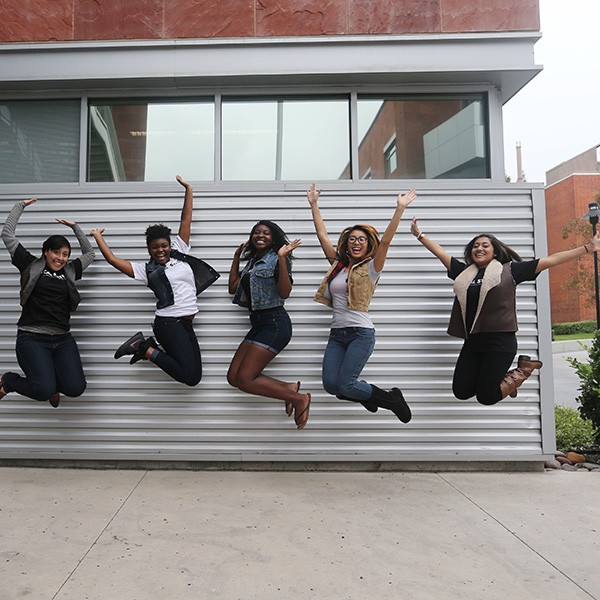Financial Aid and Scholarships at Cal State LA is committed to helping students navigate the financial aid process through comprehensive support. We collaborate closely with students to assess their eligibility for various forms of financial assistance and clearly outline the specific requirements for each grant or loan program. Our team administers Federal and State grants, as well as additional forms of aid, to help alleviate educational expenses.
The 2026-2027 FAFSA and CA Dream Act Application are available for submission. The Cal State LA priority filing deadline is March 2, 2026. Cal State LA School Code: 001140
Announcements
Financial Aid and Scholarships will be hosting a series of Financial Aid Application Workshops to assist students with the 26-27 FAFSA and CADAA. No reservation is required. Please Join Us!
March 2026 - Workshop Schedule
February 2026 - Workshop Schedule
The 2026-2027 FAFSA and CADAA are now open. Apply early and submit your Financial Aid Application before March 2, 2026.
Your Financial Aid journey consists of 3 steps:
- Apply early!
- Understand your offer
- Accept and manage your aid
Federal Student Aid has created a video playlist covering the entire process of completing the FAFSA application.
If you plan to live on campus and are unsure if your Financial Aid Award will cover your housing costs, we recommend you visit the Housing & Residence Life Website for housing and meal costs. Once you determine the cost of housing and meals, refer to your GET Account to determine if you qualified for sufficient Financial Aid to cover your housing and meals.
You can also estimate your costs via the Cal State LA Net Price Calculator. The Net Price Calculator is intended to estimate costs for students. All awards produced by this calculator are estimated. If you provide inaccurate information, the result will be inaccurate.
The interest rate for Federal Direct Loans is determined annually for all loans first disbursed during any 12-month period beginning on July 1 and ending on June 30, whether the loan was made to an undergraduate or graduate student. You may review the interest rates for Direct Subsidized Loans, Direct Unsubsidized Loans, and Direct PLUS Loans first disbursed on or after July 1, 2025 and before July 1, 2026 via the latest announcement from Federal Student Aid.
For Frequently Asked Questions about financial aid, admissions, student services, visit the FAQ Website.
The National Association of Student Financial Aid Administrators (NASFAA) has created a resource website with application guidance for students from families of mixed immigration statuses. This resource is designed to help students and families understand eligibility for federal financial aid and addresses concerns related to data security of FAFSA information.
Any student who attempted but has not been able to file a FAFSA or CADAA is urged to contact us.

